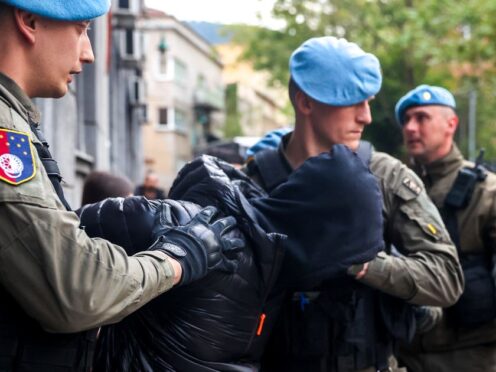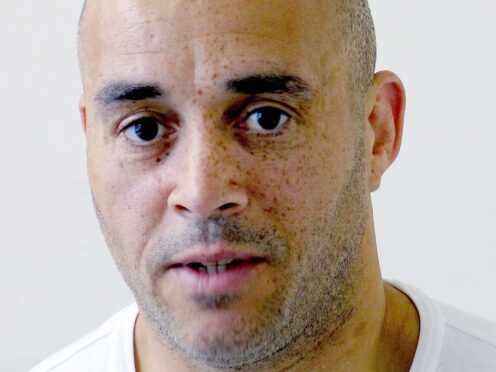Access to a database containing identities of some of the Europe’s worst terrorists and organised criminals will be lost to UK police because of data protection laws.
As a result of Brexit, access to the EU’s so-called proposal on intraoperability database, set up in the aftermath of the Berlin Christmas market attack in 2016, will be limited to the country’s police because of tight legislation on GDPR.
UK intelligence services and police were instrumental in the creation of the information portal, which is part of a larger EU-wide security network designed to protect European citizens.
Currently the identities of those who would wish to cause harm and break the law are shared between all 28 member states of the EU.
SNP shadow Home Secretary Joanna Cherry QC said the only people who will benefit as a result of the issue are those “trying to escape the law”.
Police still hope to have some access to the system during the transition period, but a high-ranking EU security head responsible for steering the directive told The Courier British access will end on February 1.
They said: “The irony of this is in the last three-and-a-half years we have spent all this time linking them all up and I don’t know what the future relationship will be but what I notice at the moment is that there is no third country that has access to those databases.
“Now you never say never in anything, but certainly when the UK becomes a third country it’s not a question of just starting where you are now and taking a few things away. The negotiation works the other way around. It starts with nothing and builds upwards.
“There is UK data on the database which will need to come out.”
When asked if it was because of data protection laws, the source confirmed that was the case.
General secretary of the Scottish Police Federation Calum Steele said: “The loss of access will be a significant blow for the fight against cross border crime.
“The risk of loss of this access was one of the earliest risks identified by police officers when Brexit was first mooted.
“It’s disappointing but not altogether surprising that in amongst all the political grandstanding, the impact on policing and intelligence appears to have been neglected.”
Detective Chief Superintendent Pat Campbell, of Police Scotland’s Specialist Crime Division, said: “We continue to prepare for the UK’s withdrawal from the European Union and to identify contingencies for a number of the EU tools we may lose access to.
“However, we will have access to these tools during the implementation period. We will still have a range of options available to use in terms of fugitives who are out with the UK.
“We remain in close contact with Europol and, working alongside the Home Office, we continue to engage with law enforcement agencies throughout the EU.
“We have increased resources in our International Unit to support Scottish communities beyond Brexit.”
Joanna Cherry MP said: “Membership of the EU secures vital counter terrorism and policing information which Police Scotland use daily to keep us safe and to prevent and detect crime.
“Brexit jeopardises the close security arrangements we have with our EU partners. Any post-Brexit security measures are almost certain to be less effective than those Scotland currently has through our membership of the EU.
“Scotland’s direct links to EU partners in Europol as well as access to tools such as the European Arrest Warrant are important tools in the fight against crime and terrorism.
“As the SNP has repeatedly pointed out – the only people that will benefit from reduced access to European security arrangements will be those that are trying to escape the law.”
The Home Office did not respond to a request for comment.










